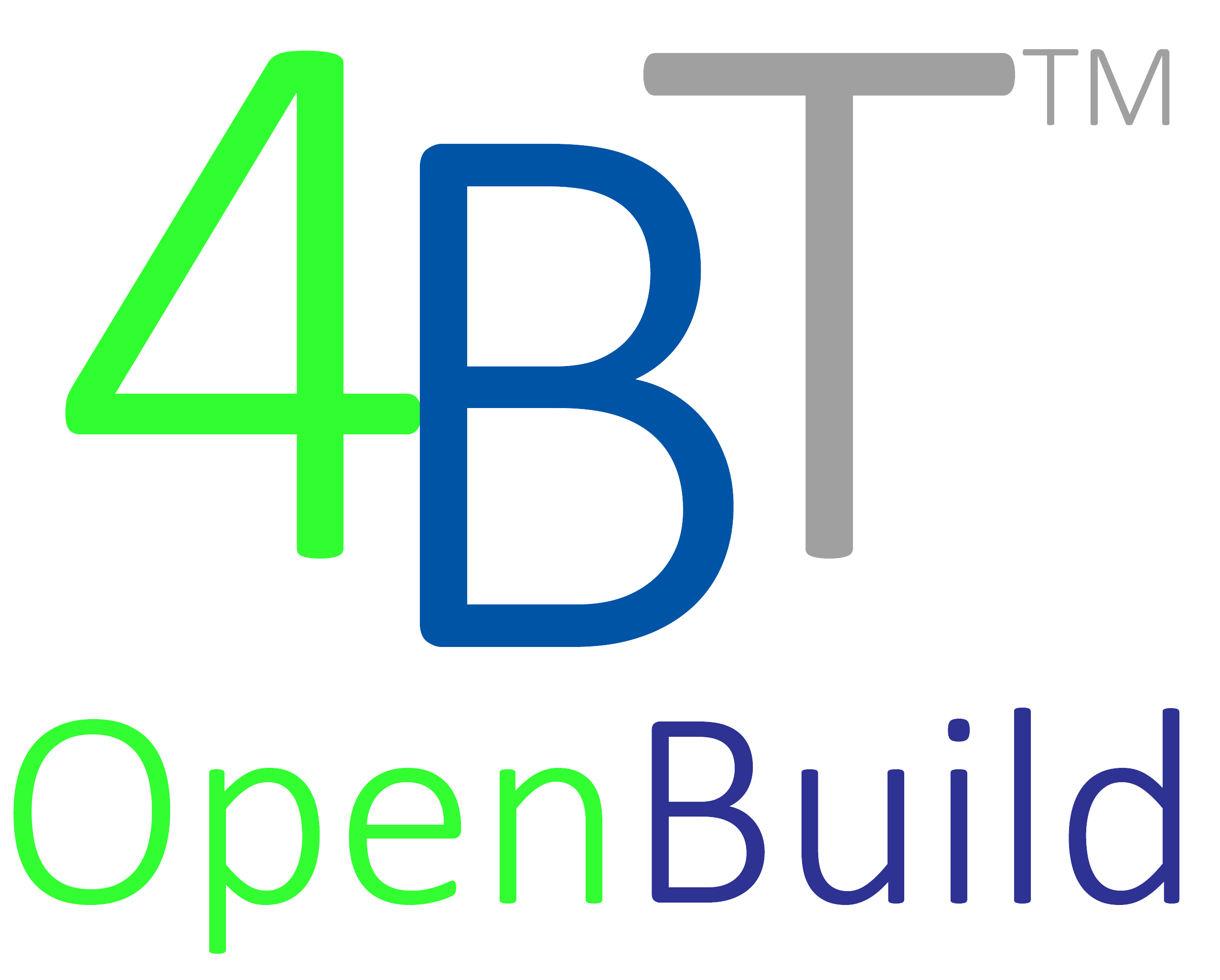The following JOC Program policy considerations are provided for general knowledge.
I. Purpose
The use of Job Order Contracting (JOC), when properly designed and managed, provides a means for an organization to optimize the planning, procurement, and project delivery of repair, renovation, maintenance, and new construction of buildings and other forms of physical infrastructure. It is important to check any statutes or regulations in your specific area to determine if any limitations exist on the use of this method.
II. Scope
A JOC Program that observes current best management practices with incorporate the following elements.
- A minimum and maximum value for the annual construction volume.
- A minimum and maximum value for a single project/workorder, as well as a statement that a project/workorders cannot be broken up into several projects to circumvent the JOC Program’s established maximum value per project/work order.
- The term of the Job Order Contract, typically one year with up to four (4) option years.
- Definition of the types of construction services that can be done using the JOC Program (General construction, Roofing, Maintenance, etc.)
- A locally researched detailed line-item unit price book (National average cost data using location factors or economic factoring is not recommend, nor is the use of assemblies or higher levels of cost aggregation.)
- The levels of use of disadvantaged and local contractors/subcontractors.
- Workflows, forms, and other policies that are clearly defined in the contract and an associated operations manual/execution guide

- Regular independent third-party audits.
- A review of EVERY JOC contractor proposal/bid for JOC Program compliance.
- Mandatory initial and annual training for all JOC Program participants.
- Regular updating of the JOC unit price book (UPB). At a minimum an annual update, with quarterly updates as needed/available. (Again, UPBs should be fully researched when updated and not simply use a factor for updating costs.
- The owner is solely responsible for the JOC Program versus a “JOC consultant”. Owners must have appropriate leadership and technical capabilities.
III. Contractor Prequalification and Selection
All JOC contractors must be evaluated by submitting a coefficient and their company experience and then selected as an awardee for a specific JOC Program. Prospective contractors submit a coefficient (generally 1.20-1.40) for designated categories of work, such as 1.) normal work hours, 2.) work done outside of normal work hours, and 3.) non-prepriced line items. A potential contractor must submit information that provides a reasonable expectation that it can meet JOC Program performance requirements as well as have required licensing and/or certifications.
IV. JOC Project Review and Selection
The owner JOC Program Administrator will evaluate each potential JOC project to determine if it is in the best interest of the owner to use the JOC method for the project. Each individual job order will not be approved until the designated responsible, knowledgeable person other than the project manager has independently reviewed o the JOC contractor’s cost proposal. The independent review shall ensure that the contractor’s proposal aligns appropriately with the owner’s scope of work, that the listed tasks are appropriate at a line item level and the quantities are accurate. I
V. JOC Staff
The owner JOC Program Administrator is responsible for ensuring that all personnel associated with the JOC program are professionally trained regarding the JOC procedures and use of the JOC knowledge-based management software; and for ensuring that JOC staff represent the owner’s best interest, consistent with ethics and regulatory responsibilities.
The JOC Program Administrator shall ensure that all internal and external JOC Program participants receive adequate training to properly administer the JOC contracts and that project managers are sufficiently involved in administering the job orders and assure JOC training materials for ongoing use are suitable for all levels and types of personnel and updated as needed. Owner personal administrating or directly participating in the approval of JOC projects/work orders hall not be affiliated with any entity that provides services related to the project, such as design, construction, or engineering support services, or JOC consulting services.
Additional Information
- A detailed scope of work, completed after a joint site visit (owner and contractor) must fully defined requirements such that the contractor can create a detailed line item estimate using the associated locally researched detailed line-item unit price book.
- A notice to proceed, issued by the owner, must include the approved detailed line-item estimate, and other documents per the contract, and a dates for the work to be initiated and substantially completed.
- Any change orders or “supplemental job orders” MUST follow the same procedures as a new work order.

- The total cost of items not listed in the pre-priced unit catalog shall not exceed ten percent (10%) of the total cost
proposal. If items not listed in the UPB are included in the contractor’s proposal, the contractor will be required to obtain three (3) written quotes and use the lowest qualifying quote. For non-prepriced items. If three (3) quotes are unavailable the contractor must justify in writing the reasons that three (3) quotes were not obtained. The use of all non-prepriced items
must be approved by the appropriate owner individual. The Owner shall retain all documentation related to the selection of the non-prepriced items, including the three (3) written quotes obtained by the contractor or the documented reason for the lack of three (3) quotes, and considered adding these items to the UPB at the next annual update cycle.
via www.4bt.us


